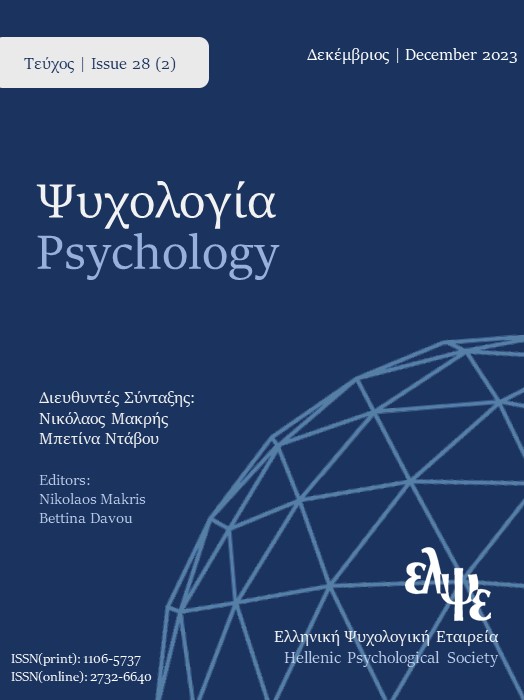The power of the cognitive unconscious: The case of implicit learning

Abstract
The present paper highlights the power of unconscious processes within the framework of implicit learning, a research area that has attracted extensive attention in the past decades. More specifically, it discusses theoretical issues concerning this multifaceted type of learning that occurs without conscious awareness and presents various applications in different learning settings and research domains, and in varied populations. Another main focus of this review is on recent advances in our understanding of the factors that affect implicit learning, including motives, attention, affective states, and general knowledge. The paper ends with conclusions and general principles drawn from research on a phenomenon with extended applications both in the lab and in everyday life and underlines the necessity for further research that will refine our methods of distinguishing conscious and unconscious processes and provide answers to unresolved issues and contradictory findings.
Article Details
- How to Cite
-
Ziori, E. (2023). The power of the cognitive unconscious: The case of implicit learning. Psychology: The Journal of the Hellenic Psychological Society, 28(2), 1–22. https://doi.org/10.12681/psy_hps.36225
- Section
- SPECIAL SECTION

This work is licensed under a Creative Commons Attribution-ShareAlike 4.0 International License.
The journal PSYCHOLOGY adopts a Platinum open-access policy. Submission, processing or publication costs are waived by the Hellenic Psychological Society. Papers published in the journal PSYCHOLOGY are licensed under a 'Creative Commons Attribution-ShareAlike 4.0 International' licence. The authors reserve the copyright of their work and grant the journal the right of its first publication. Third-party licensees are allowed to use the published paper immediately after publication as they wish, provided they retain the defined by the license copyright formalities, regarding the reference to its author(s) and its initial publication in the journal PSYCHOLOGY. Moreover, any adjusted work should be shared under the same reuse rights, so with the same CC license.


